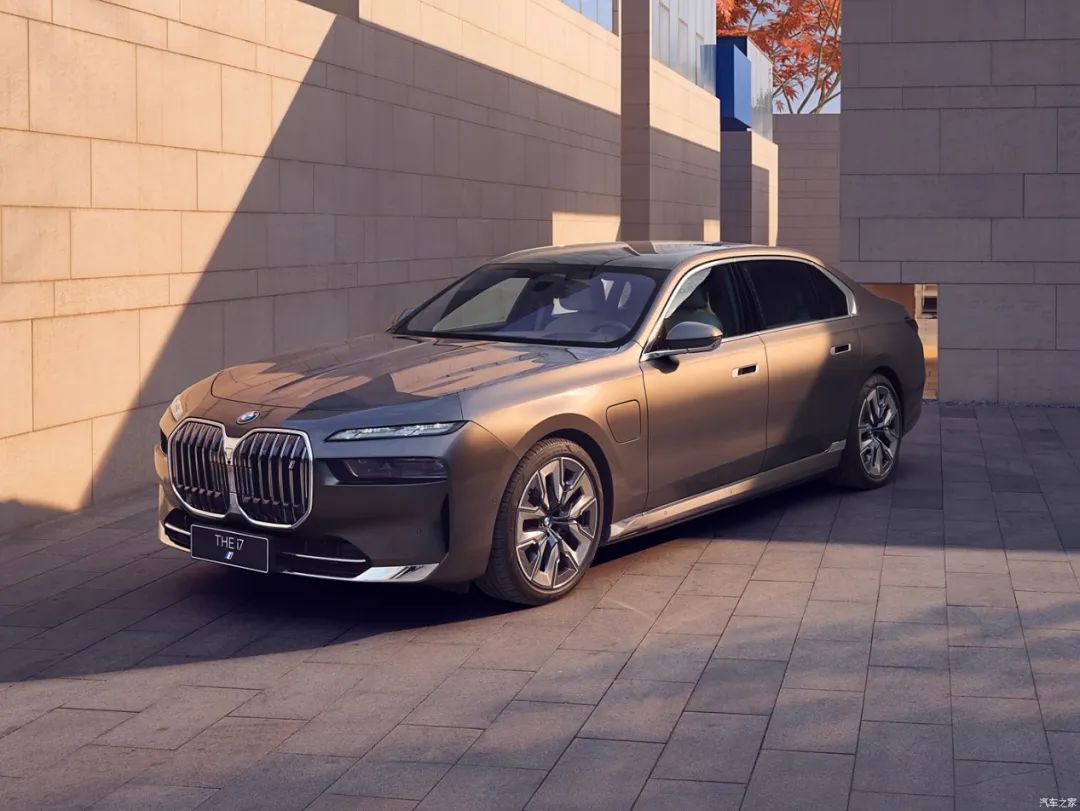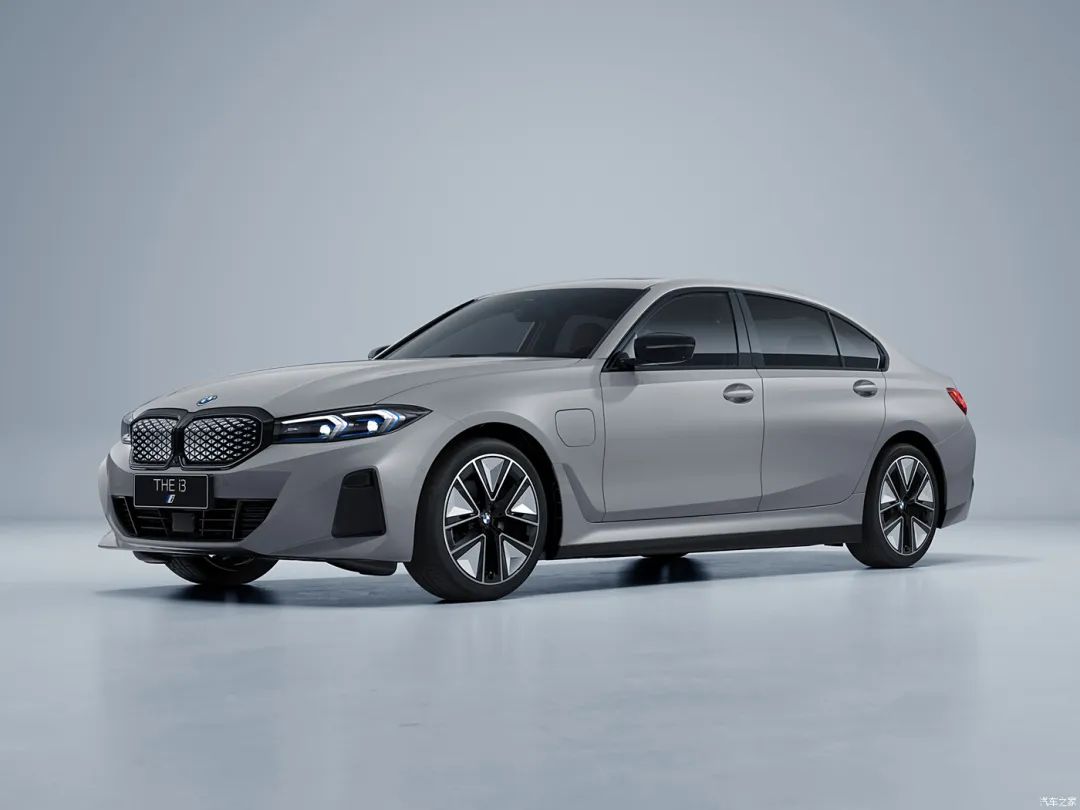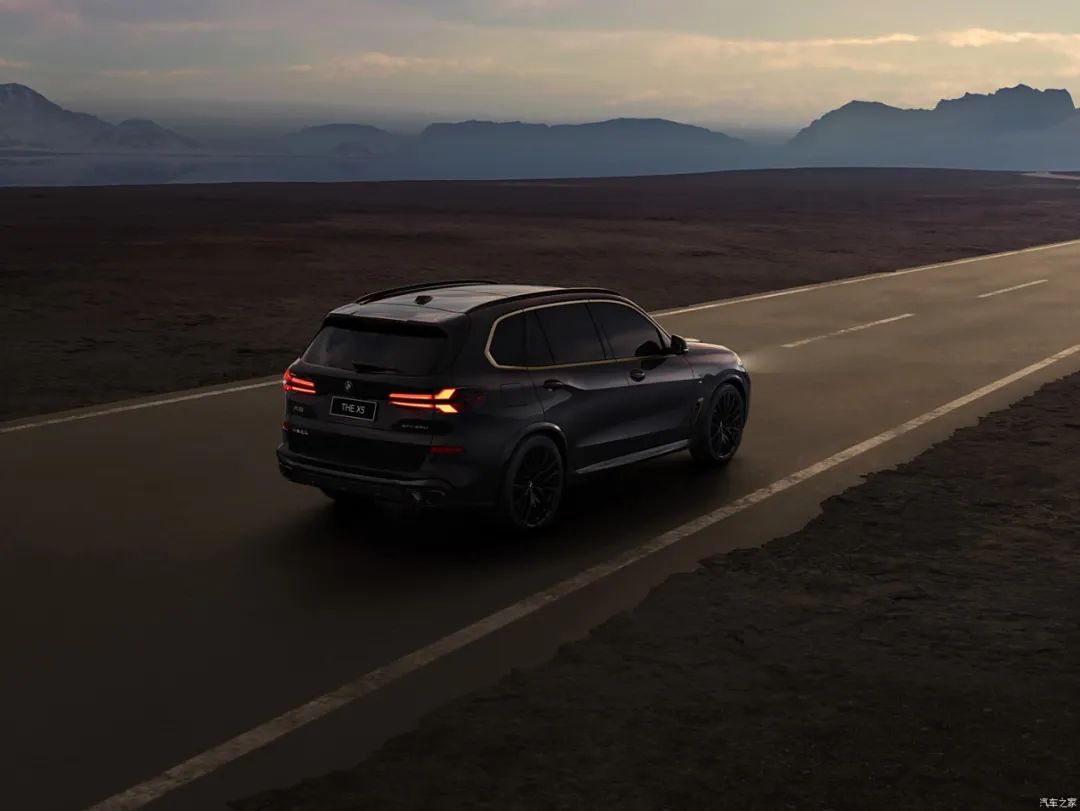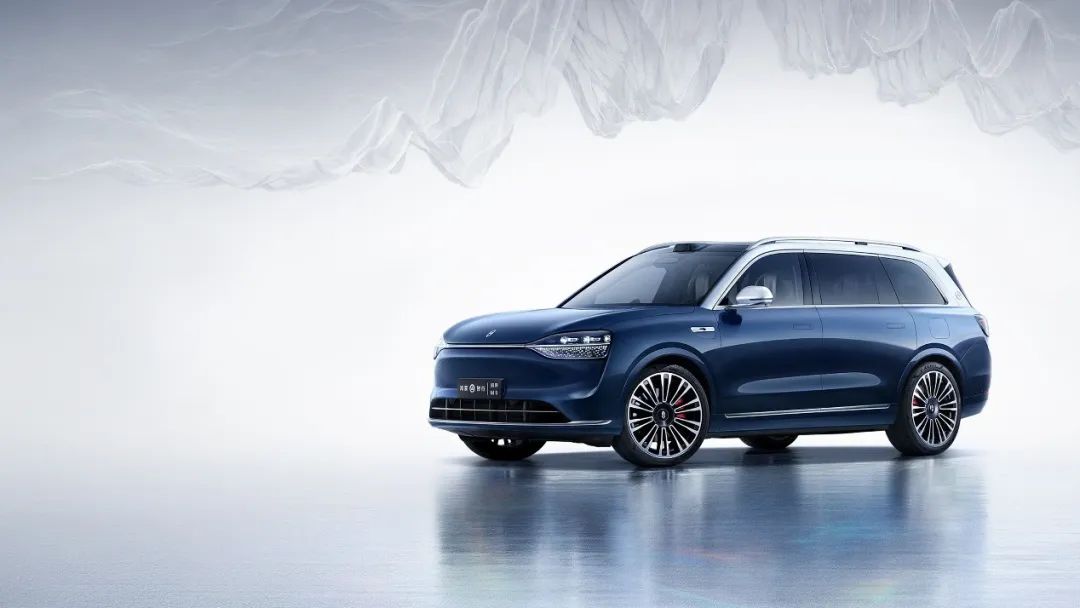BMW returns to the price war, do traditional luxury cars still have face?
![]() 10/10 2024
10/10 2024
![]() 677
677
Introduction | Lead
In July this year, luxury brands led by BMW boldly announced their withdrawal from the price war, citing concerns that price cuts would seriously impact their brand influence and send a signal to consumers that the heyday of traditional BBA is over. However, following BMW's near-halving of sales in China in August, and with the peak sales season of 'Golden September and Silver October' approaching, BMW relaunched price cuts and rejoined the price war, indicating that BMW and many other established luxury brands are facing unprecedented challenges.
Produced by | Heyan Yueche Studio
Written by | Cai Jialun
Edited by | Heyan
1900 words in total
3 minutes to read
Based on the September sales data released by major domestic new energy vehicle manufacturers, the domestic new energy vehicle market is thriving with the arrival of the peak sales season. Many new energy brands have set new monthly sales records in September. The introduction of subsidy policies has also boosted sales of some traditional gasoline-powered vehicles, proving that the domestic automotive market is not in a downturn and consumers have a strong willingness to purchase vehicles. BMW has yet to announce its September sales figures but has lowered its financial guidance for fiscal year 2024, triggering a flash crash in BMW's European share price. Additionally, facing the pressure of recalling 1.5 million products globally, is BMW, once high-spirited, now on a downward slope?

△BMW rejoins the price war
Why BMW Restarts Price Cuts
BMW's restart of the price war in September was a last resort. As the first luxury brand to take up the banner of "anti-price war," BMW's "miraculous maneuver" had an "immediate effect," with sales in China plunging 42% year-on-year to only 34,800 units in August, compared to 60,000 units in the same period last year. This decline was also a stark contrast to July's sales of 48,900 units, representing a month-on-month drop of 28.8%. BMW's misjudgment of the Chinese market directly impacted its August sales, which nearly halved year-on-year, making BMW realize that domestic consumers' perceptions of high-end vehicles have changed. Rising Chinese automakers are changing the rules of the luxury vehicle market, redefining high-end vehicles with more intelligent and humanized products.
Facing difficulties in electrification and intelligent transformation, BMW had no choice but to cut prices again, attempting to regain market share by rejoining the price war. Since early September, BMW has significantly reduced prices for multiple models. In Beijing, for example, the starting price of the BMW iX1 has been reduced to 188,800 yuan, a drop of over 110,000 yuan, while the BMW i3's starting price has been cut to 208,800 yuan, a decrease of over 150,000 yuan. Among gasoline-powered models, the BMW X3's starting price has dropped to 284,000 yuan, a reduction of 110,000 yuan. Despite these steep discounts, most domestic consumers remain unmoved by BMW's new energy vehicles, which lack an advantage in battery, electric motor, and electronic control technology and scale compared to domestic new energy vehicle makers. Without a complete electrification transformation, BMW's new energy products face significant challenges in gaining market share through price cuts.

△The starting price of BMW i3 has been reduced to 208,800 yuan
Dealers Struggle More Than Manufacturers
BMW's announcements to withdraw from and then rejoin the price war essentially reflect the ongoing tug-of-war between BMW manufacturers and dealers. In July, BMW announced its withdrawal from the price war primarily due to dealers' concerns that while price cuts could clear inventory, they would also lead to sustained losses. However, the price hike strategy in July failed miserably, leaving dealers and manufacturers facing double pressures of excess inventory and plummeting sales. In the fiercely competitive market, they had no choice but to rejoin the price war.
Dealers' inventories remain high, and the price war has led to increasing losses. While manufacturers are under pressure, most dealers are facing existential crises. Recently, China's largest auto dealer, Guanghui Auto, which once had a peak market value of over 100 billion yuan and nearly 700 4S stores nationwide, was exposed for issues such as unpaid wages, store closures, and refusal to deliver vehicles. Guanghui's profitability was previously based on luxury vehicles, but steep price cuts by traditional luxury brands like BMW, Audi, and Mercedes-Benz have significantly reduced dealers' profits, increasing their financial and operational pressures.
The troubles faced by BMW dealers also reflect the tense relationship between manufacturers and dealers. In September, BMW further increased subsidies to dealers and introduced various relief policies while lowering sales targets to help dealers survive. However, the increased financial pressure on BMW manufacturers has forced them to reduce procurement costs from suppliers and cut vehicle configurations, which is not a sustainable solution. As a luxury automaker, configuration reductions can significantly damage brand influence. With the crown of BBA slipping, more newcomers may soon challenge their throne.

△How long can BMW keep its crown?
Autonomous Brands Vigorously Compete for BBA's Market Share
The rise of domestic autonomous brands is further eroding the sales share of traditional luxury automakers. In September, Lixiang ONE sold 53,709 units, up 48.9% year-on-year, setting a new record. In the 38th week (September 16-22), Lixiang ONE ranked second in the luxury vehicle sales chart with weekly sales of 12,000 units, surpassing BBA for the first time and leaving BMW far behind. In addition to Lixiang ONE's strong sales in September, WENJIE Auto is also eyeing the high-end vehicle market. On September 20, WENJIE announced on Weibo that WENJIE M9 had become the sales champion among vehicles priced above 500,000 yuan, with cumulative orders exceeding 140,000 units in nine months since its launch. Besides Lixiang and WENJIE, NIO, ZEEKR, and other new energy vehicle makers are squeezing the survival space of luxury brands led by BMW. Meanwhile, BYD, the sales champion of new energy vehicles, is entering the high-end market. How much time and space will be left for traditional luxury brands?

△Cumulative orders for WENJIE M9 exceed 140,000 units
Commentary
With the advent of the new energy era, traditional luxury brands like BMW are facing immense pressure. Currently, BMW still has a long way to go in its electrification transformation, and its intelligentization process is also uncertain. It is urgent for BMW to seriously consider how to maintain its competitiveness in this highly competitive environment.
(This article is originally created by Heyan Yueche and may not be reproduced without authorization.)






